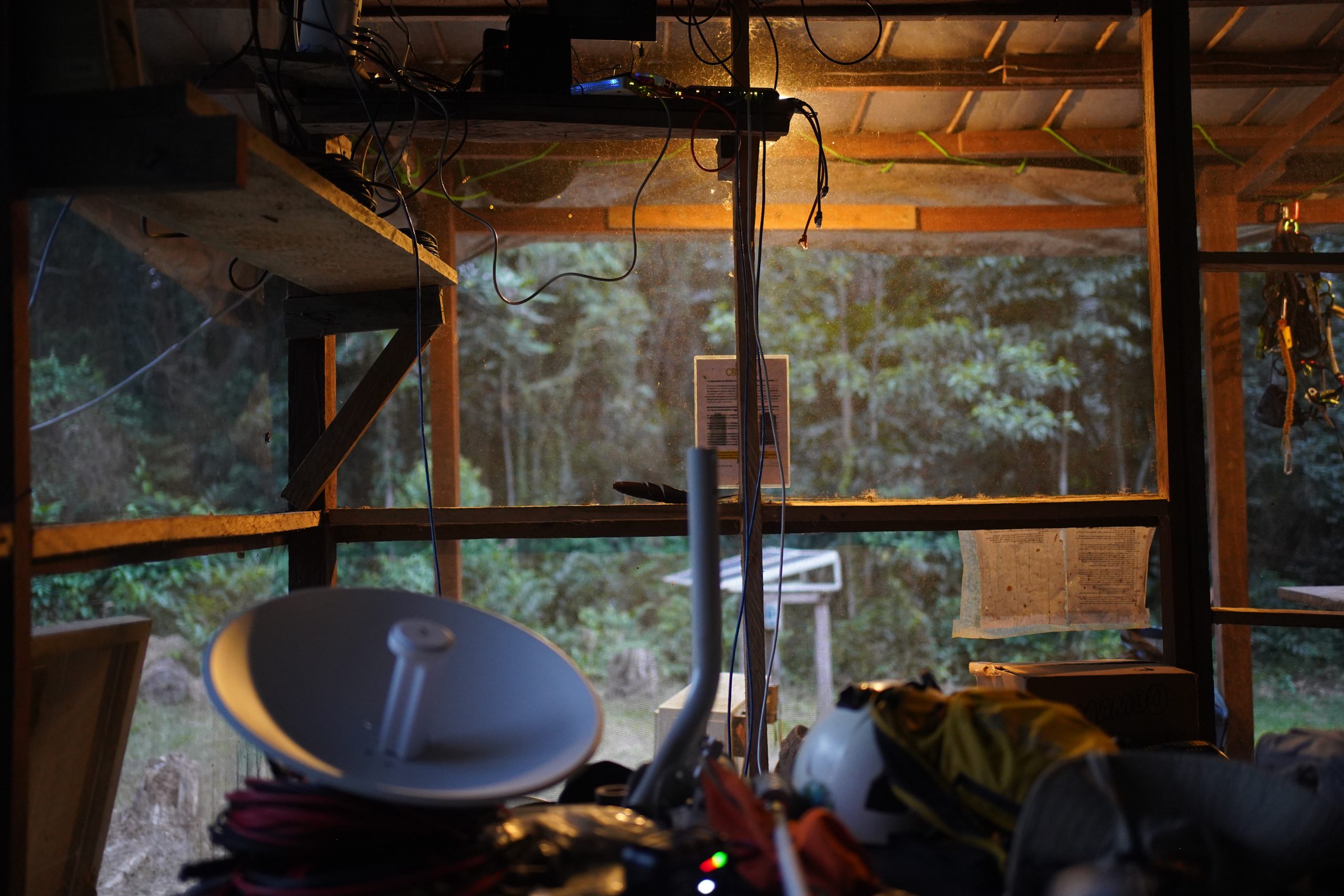Happy Earth Day! Some Updates from FieldKit

This week, a few of our team members got together to chat about how FieldKit is going and what we’ve been up to.
As we’ve said many times, we are so incredibly grateful for the support of our community and the inspiration that your projects bring us. We want our tools to live up to the incredible work that all of you are doing and are dedicated to building open-source environmental sensing tools that are both easy to use and outstandingly accurate.
We originally planned to start selling FieldKits widely in 2020, coinciding with the 50th anniversary of Earth Day. However, the pandemic was “the worst time in modern history to build a hardware product,” and the past three years have been an exercise in adaptation for our entire team. That being said, our co-founder Shah is optimistic that we are coming out of the worst of it. You can read more about our hardware team’s perspective on how the supply chain affects conservation technology in this blog post. Though our efforts to get larger amounts of FieldKit hardware into the world were delayed, we’ve been working on smaller scale deployments, improving our software efforts in the portal and app, and brutally smashing bugs as we find them—not to mention completely redesigning our water modules.
What we’re doing to address the sourcing issues: our brilliant hardware engineer has been proactive about purchasing for the future and building as much resiliency into the product as possible. We’re moving as much of our manufacturing as possible out of house so that our engineering team can focus on problem solving and new development, rather than just building product. And we’re hiring new engineers for both software and hardware–if you’re interested, check out our job postings here! Our goal for this year is to have hundreds of FieldKit stations ready this summer for projects we’re involved in and a thousand by the end of 2023, ready for sale in the store. Additionally, we’re looking to get more FieldKit hardware into the hands of indigenous scientists—if you are interested, we’ll have some exciting opportunities in this arena later this year.
We are currently working on extending battery life, especially in situations where either solar power isn’t viable or where conditions like temperature make lithium ion batteries less functional. Everything we’ve learning over the past few years has also got us thinking about what FieldKit 2.0 would look like. Finally, we’ve been working on a prototype for FieldKit Underwater, a marine and freshwater version of FieldKit that can be used in aquatic environments. This has required some creative thinking on our end and we’re very excited both about the potential for an underwater FieldKit and how it may shape the future of terrestrial FieldKit.
Additionally, our team has been redesigning our testing, QA, and calibration procedures to ensure that FieldKit is accurate. We’ve been calibrating all equipment in our lab to make certain that what our partners and customers receive is the best, most functional tool we can offer. We’ve been bulking up our documentation to reflect not just how to assemble your FieldKit, but how to get the best possible data out of it in the field. We’re hoping to have the FieldKit website, app, and portal available in Spanish by the end of the year. And we’re thrilled about the expansion of our project with FloodNet!
Finally, in March, Shah and Jacob from our team went back to the Dja Faunal Reserve in Cameroon to implement an open radio network using LoRa that allows researchers to bring back data in real time from the reserve. We prepared a ton for this expedition and the work really paid off. We are working on making a FieldKit LoRaWAN module available in the store later this year, and we look forward to sharing photos from the expedition here soon. If you’re interested in working in the Dja or are currently working in the area, we would love to hear from you.
If anything we discussed interests you, if you have feedback or ideas for the future of FieldKit, or you want to get more involved with our mission, please don’t hesitate to reach out.